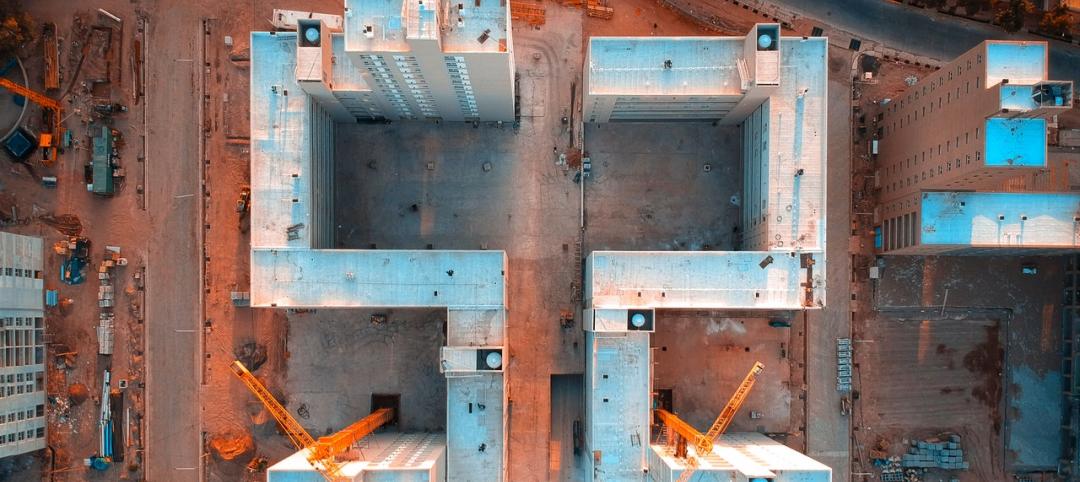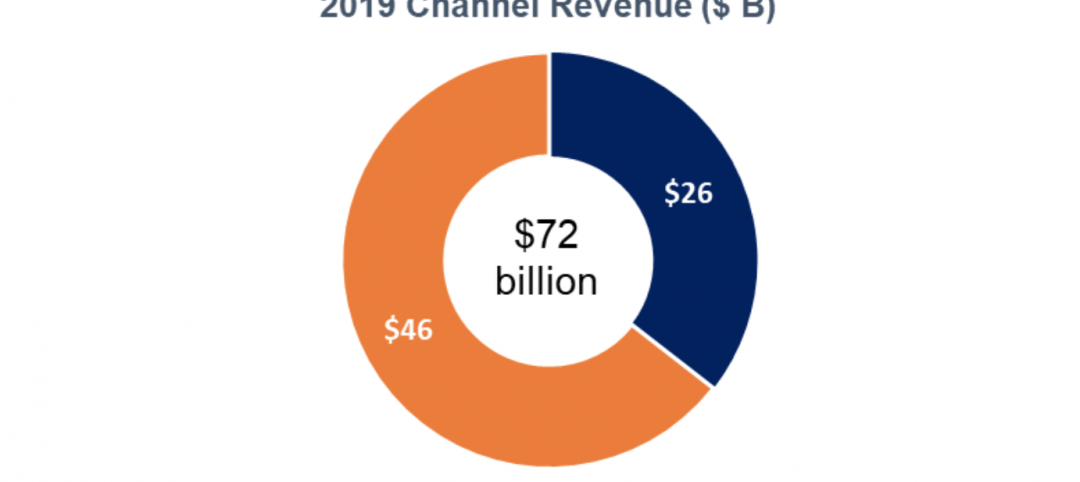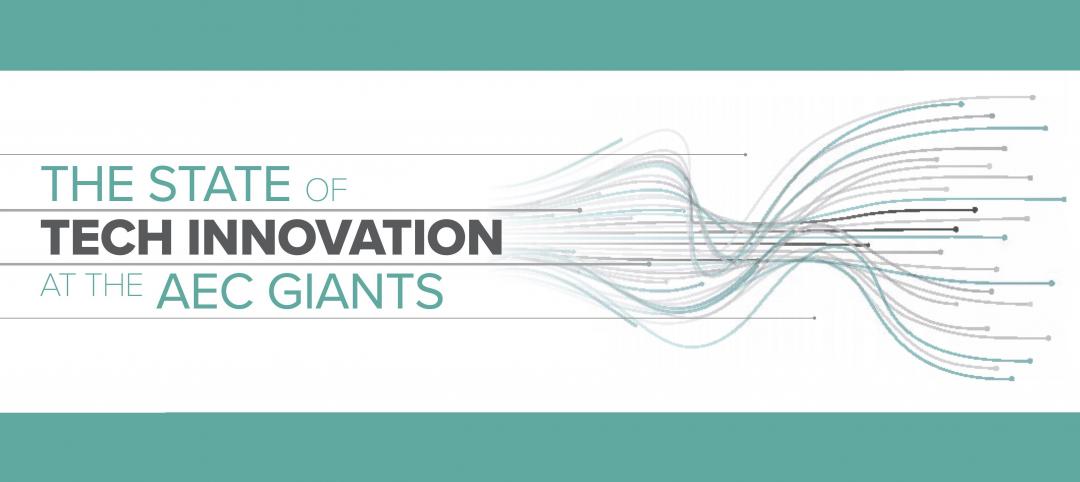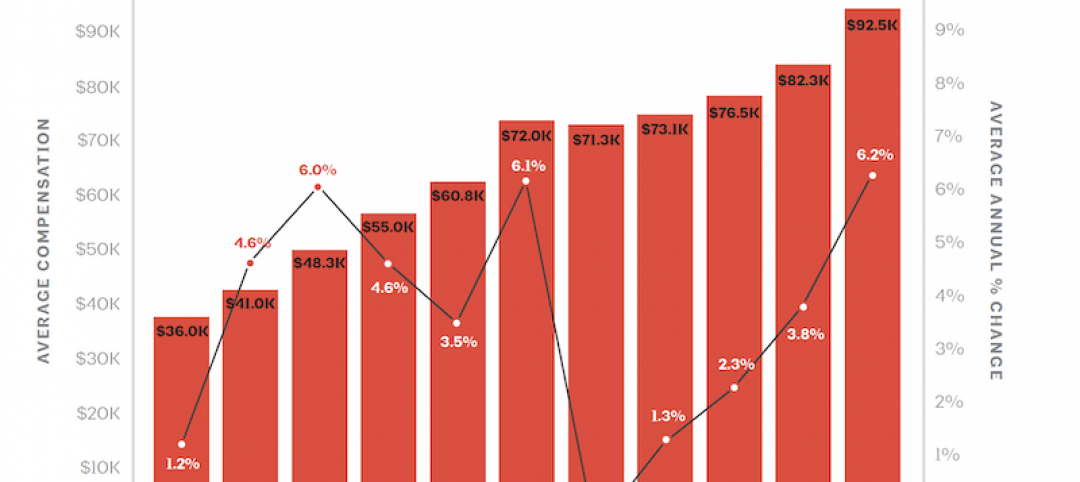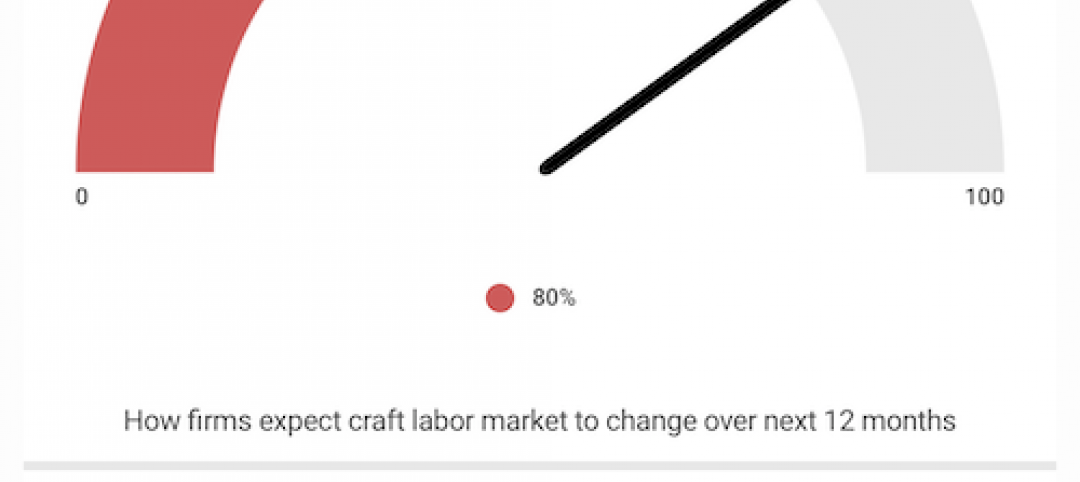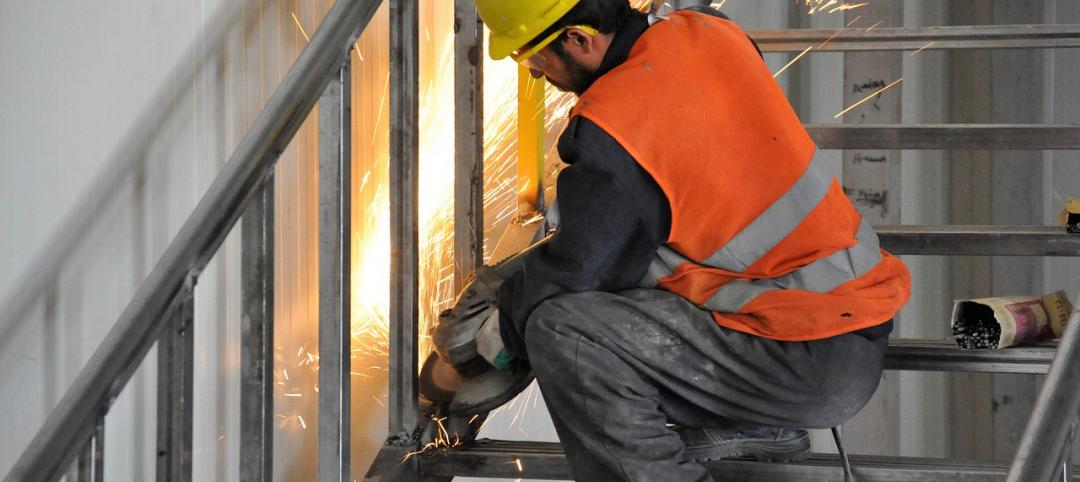Funding challenges are a major concern for many institutions around the United States. Institutions are tasked with securing hundreds of thousands to millions of dollars in grants each year to continue their important R&D work.
“We realized during our research that there were two roadblocks for universities when applying for grants,” said Stephen Blair, CannonDesign’s Executive Director of Science and Technology. “The first roadblock was that universities sometimes overlook grants offered through different federal agencies.” 14 federal agencies support R&D funding through facilities construction, renovation, and major capital equipment. Among these agencies are some not commonly known for grant funding, including the Department of Agriculture and NASA.
“The second roadblock for many universities is navigating the design requirements necessary to prove their facility will remain viable to conduct the research within,” said Blair. “I’ve seen universities try and use their undergraduate architect students to design a preliminary facilities plan, and this never turns out well.”
For construction, renovation, and equipment grant applications, the requirements include engineering criteria, architectural criteria, line drawings, timelines, construction documents, equipment plans, operating budgets, and more. With hundreds of institutions competing for a limited amount of funding, the way you present the facility design plays a pivotal role in setting the top applications apart from the rest.
CannonDesign has created an infographic of their research findings including the top grants and their issuing agencies as well as more information about the design requirements necessary for a successful application.
For the full infographic, fill out the necessary form on the CannonDesign website.
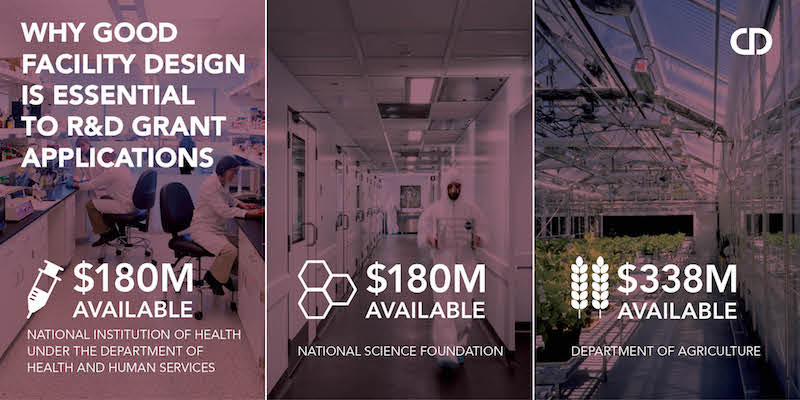
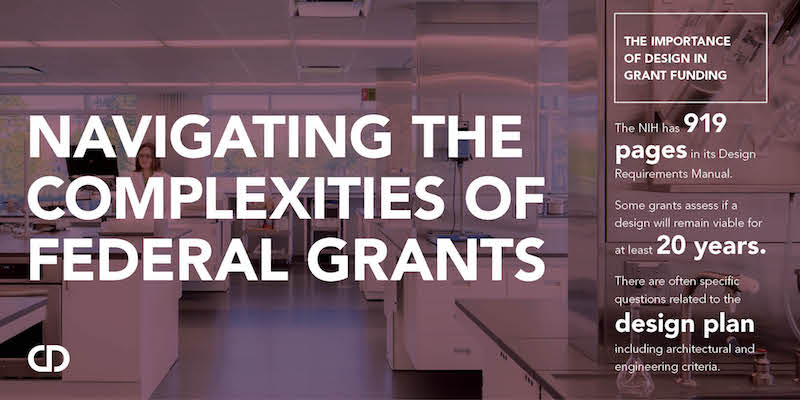
Related Stories
Market Data | Feb 24, 2021
2021 won’t be a growth year for construction spending, says latest JLL forecast
Predicts second-half improvement toward normalization next year.
Healthcare Facilities | Feb 18, 2021
The Weekly show, Feb 18, 2021: What patients want from healthcare facilities, and Post-COVID retail trends
This week on The Weekly show, BD+C editors speak with AEC industry leaders from JLL and Landini Associates about what patients want from healthcare facilities, based on JLL's recent survey of 4,015 patients, and making online sales work for a retail sector recovery.
Market Data | Jan 19, 2021
2021 construction forecast: Nonresidential building spending will drop 5.7%, bounce back in 2022
Healthcare and public safety are the only nonresidential construction sectors that will see growth in spending in 2021, according to AIA's 2021 Consensus Construction Forecast.
AEC Tech | Feb 13, 2020
Exclusive research: Download the final report for BD+C's Giants 300 Technology and Innovation Study
This survey of 130 of the nation's largest architecture, engineering, and construction firms tracks the state of AEC technology adoption and innovation initiatives at the AEC Giants.
Office Buildings | Feb 11, 2020
Forget Class A: The opportunity is with Class B and C office properties
There’s money to be made in rehabbing Class B and Class C office buildings, according to a new ULI report.
Industry Research | Dec 13, 2019
Attention building design experts: BD+C editors need your input for our 2020 Color Trends Survey
The 2020 Color Trends research project will assess leading and emerging trends and drivers related to the use of color on commercial, institutional, and multifamily building projects.
Architects | Sep 11, 2019
Buoyed by construction activity, architect compensation continues to see healthy gains
The latest AIA report breaks down its survey data by 44 positions and 28 metros.
Industry Research | Aug 29, 2019
Construction firms expect labor shortages to worsen over the next year
A new AGC-Autodesk survey finds more companies turning to technology to support their jobsites.
Codes and Standards | Aug 29, 2019
Industry leaders ask for government help as trades shortage worsens
AGC asks for more funding for education and increased immigration to fill gaps.





